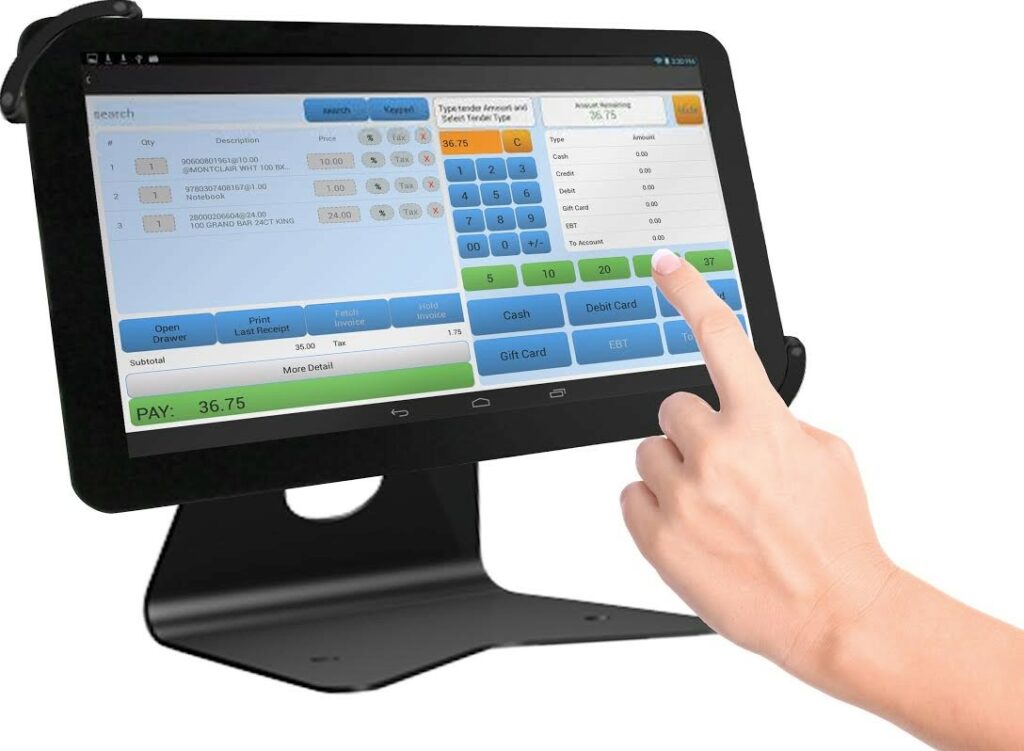A Point of Sale (POS) inventory system is a powerful tool that combines sales transactions with inventory management, enabling businesses to streamline their operations and enhance efficiency. By integrating the sales process with real-time inventory tracking, businesses can optimize inventory levels, reduce stockouts, and improve customer satisfaction. In this article, we’ll explore the benefits and features of a POS inventory system and discuss how it can revolutionize your business operations.
Benefits of a POS Inventory System
- Accurate Inventory Tracking: A POS inventory system provides real-time visibility into inventory levels, allowing businesses to track stock accurately. This eliminates the need for manual inventory counts and reduces the chances of overselling or running out of stock.
- Streamlined Sales Process: With a POS inventory system, sales transactions are seamlessly integrated with management. It automates the inventory update process, ensuring that stock levels are automatically adjusted as sales are made.
- Inventory Optimization: By having accurate and up-to-date inventory data, businesses can optimize their inventory levels. They can identify fast-selling items, slow-moving products, and popular trends, allowing for better purchasing decisions and minimizing holding costs.
- Improved Customer Service: With a POS inventory system, businesses can provide accurate information about product availability and delivery times to customers. This enhances customer satisfaction by reducing instances of backorders or delays.
- Enhanced Reporting and Analytics: A POS inventory system generates detailed reports and analytics, providing valuable insights into sales trends, inventory turnover, and profitability. This data helps businesses make informed decisions and identify areas for improvement.
- Efficient Supplier Management: With a POS inventory system, businesses can track supplier performance, monitor purchase orders, and streamline the procurement process. This ensures timely replenishment of stock and maintains strong relationships with suppliers.
Key Features of a POS Inventory System
- Inventory Tracking: The system should provide real-time visibility into stock levels, allowing businesses to monitor inventory levels accurately and receive alerts for low stock.
- Sales Management: A POS inventory system should handle sales transactions, including item scanning, pricing, discounts, and payment processing.
- Purchase Order Management: The system should facilitate the creation, tracking, and management of purchase orders, ensuring efficient stock replenishment.
- Reporting and Analytics: Comprehensive reporting capabilities, such as sales reports, inventory turnover, and profitability analysis, help businesses gain insights into their performance and make data-driven decisions.
- Integration and Compatibility: A good system should integrate seamlessly with other business systems, such as accounting software or customer relationship management (CRM) tools.
- User-Friendly Interface: The system should have an intuitive and user-friendly interface, making it easy for employees to learn and use the system effectively.
A POS System Portable is a valuable tool for businesses looking to streamline their sales and inventory management processes. By providing accurate inventory tracking, optimizing stock levels, and enhancing customer service, businesses can improve operational efficiency and drive growth. With features such as inventory tracking, sales management, purchase order management, reporting, and analytics, empowers businesses to make informed decisions and stay ahead in a competitive market.

